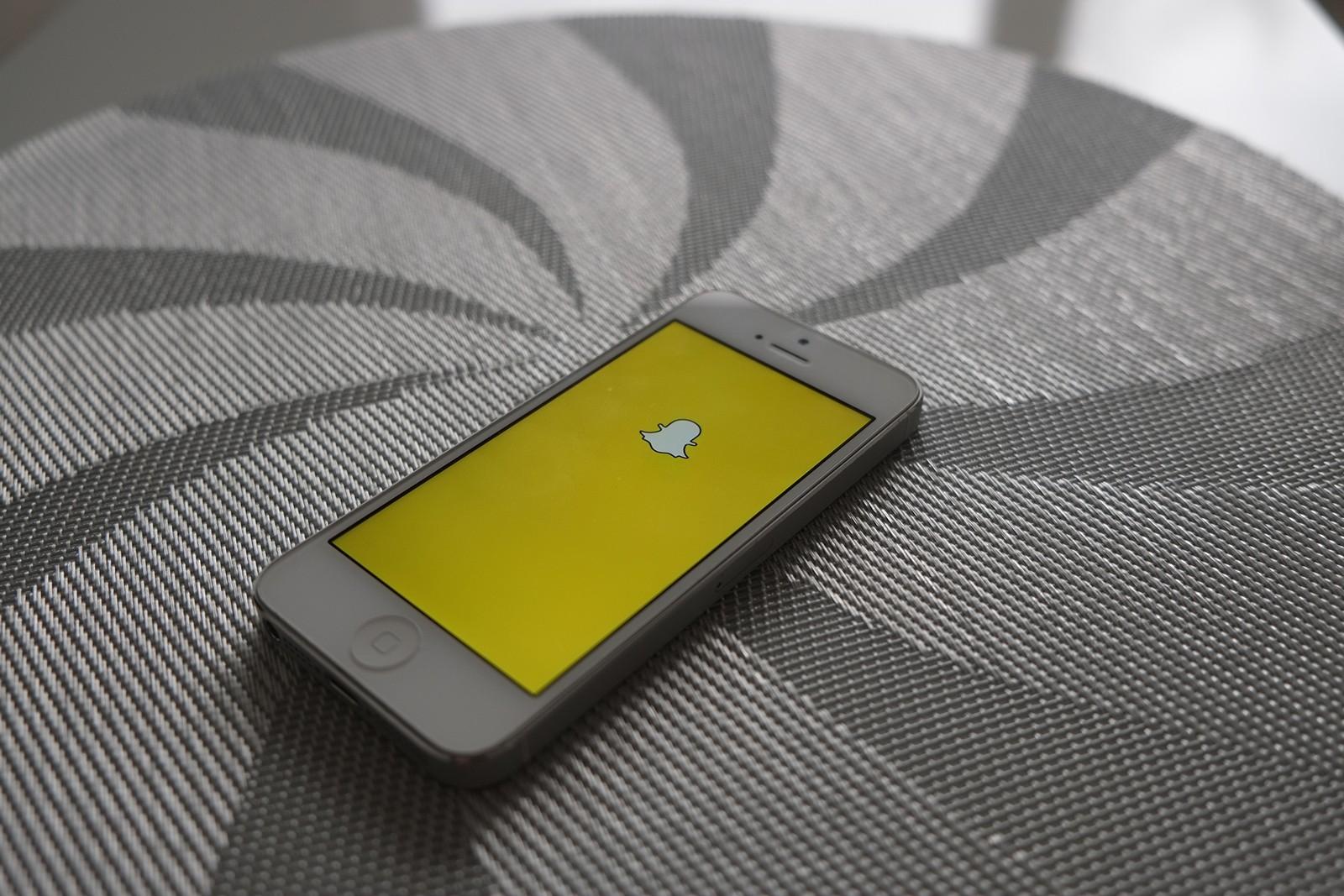Snapchat is fighting for Americans’ right to a good selfie, even if it’s taken in a voting booth. As the overturn on a New Hampshire ban of photos in private polling places is being appealed, Snapchat filed an amicus brief Friday in support of allowing photographs in voting booths, The New York Times reported.
There is currently no federal law against taking photos in polling places, but some states do have restrictions.
Justin Silverman, director of the New England First Amendment Coalition, told the Times that the selfie is an integral part of how millennials express themselves and take part in democracy.
“More importantly, it’s about keeping the system honest, and documenting the election process and quickly identifying flaws that might be on the ballot and being able to share them quickly and easily with other voters,” he told the Times.
Snapchat considers itself a “news-gathering organization” and argued that the restriction on pictures in voting booths infringes on its “watchdog function,” according to the Times.
Snapchat also argued in its brief that selfies are essential to how millennials take part in governmental processes.
Those against photos in polling places say they’re trying to preserve the secrecy of voting. They also want to prevent people from buying votes.
People don’t need to take pictures in voting booths — especially not selfies. Posting images of personal ballots online completely eliminates the purpose of anonymous voting. The entire process of private voting exists for a reason, and the government therefore has a right to restrict photos in voting places. Banning selfies isn’t a restriction of a person’s First Amendment rights, it’s a way to ensure the First Amendment rights of others.
Yes, sharing photos of people voting creates social media buzz and overall excitement about voting, but there’s no reason why a picture needs to be taken inside of an actual voting booth.
If voters really want to document their time spent voting, it’s easy enough to take a picture of an iconic “I Voted” sticker after the fact. And casting a vote just for the selfie is almost as bad as not voting at all.
If Snapchat wants to call itself a watchdog organization, it should exercise good editorial judgment and assemble a decent team before saying anything. If Snapchat’s latest Bob Marley controversy is any indication, it’s not a company that can easily discern good decisions from bad. If Snapchat’s stories are how most young people will see the news, then the company needs to watch what it posts. Its actions have a wide reach.
Snapchat needs to slow down. If it wants to begin practicing journalistic objectivity, Snapchat should look at which companies support its content. The company should adhere to the same journalistic principles and ethics as every other media watchdog organization.
As it is, Snapchat seems more concerned about advertising and money than uncovering the truth. The company is likely pushing for the ban on selfies in polling places to be lifted because it’s good for business.
Right now, selfies are the least of the government’s worries when it comes to voting. Expanding accessibility and giving more people the opportunity to vote are more pressing matters than being able to take a few pictures.
Americans can promote voting without taking a picture of the actual process. This is one step too far. Hyping up voting is necessary, but privacy has its place.
This is what older people talk about in their think pieces on millennials. And nobody needs to document the 10 specific seconds that go into marking a ballot. If the world sees someone cast one ballot, it’s seen it cast them all.






















































































































